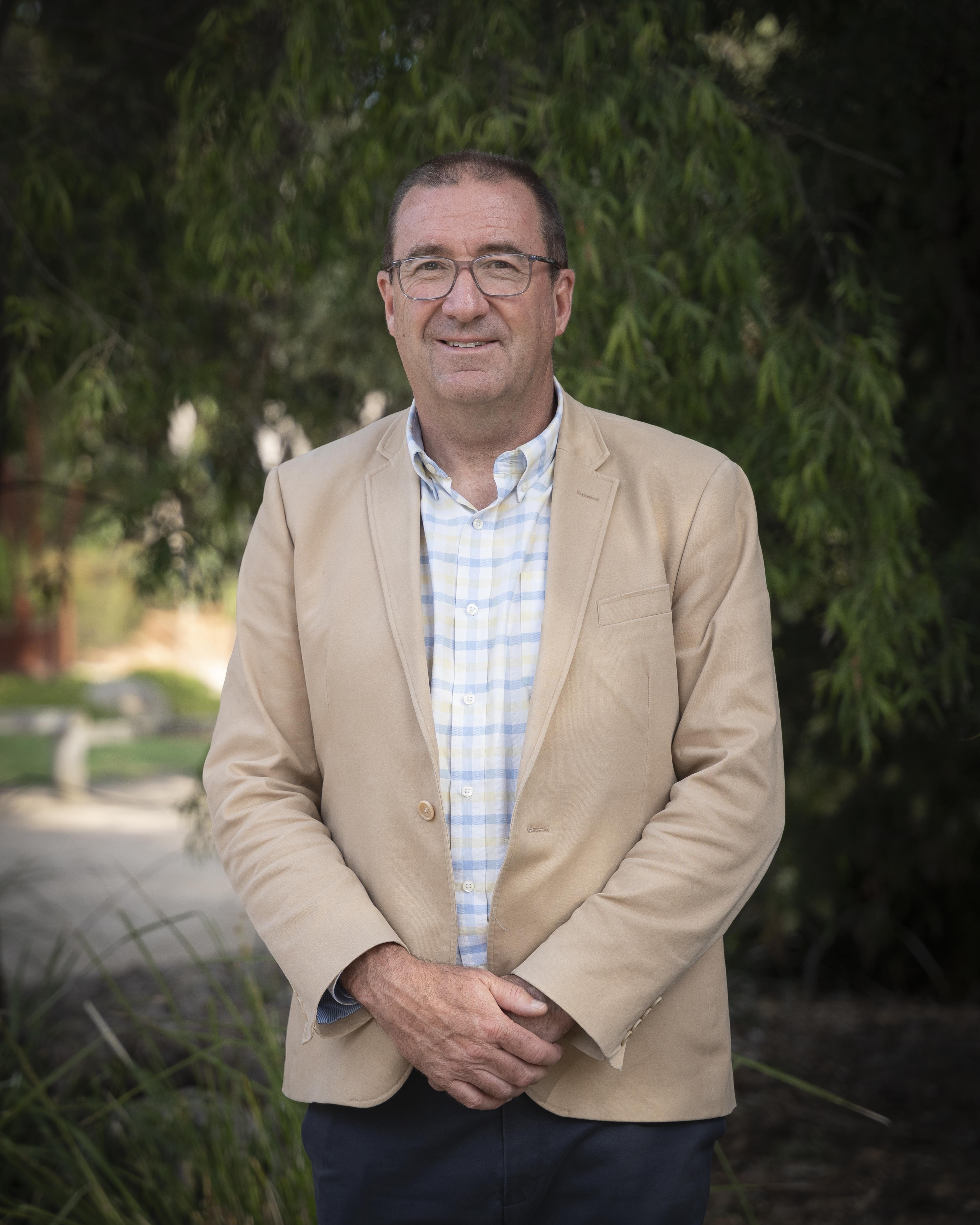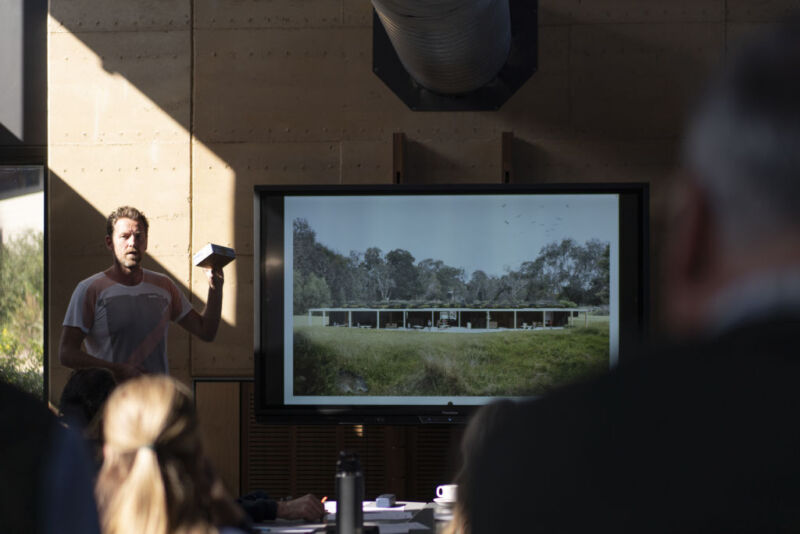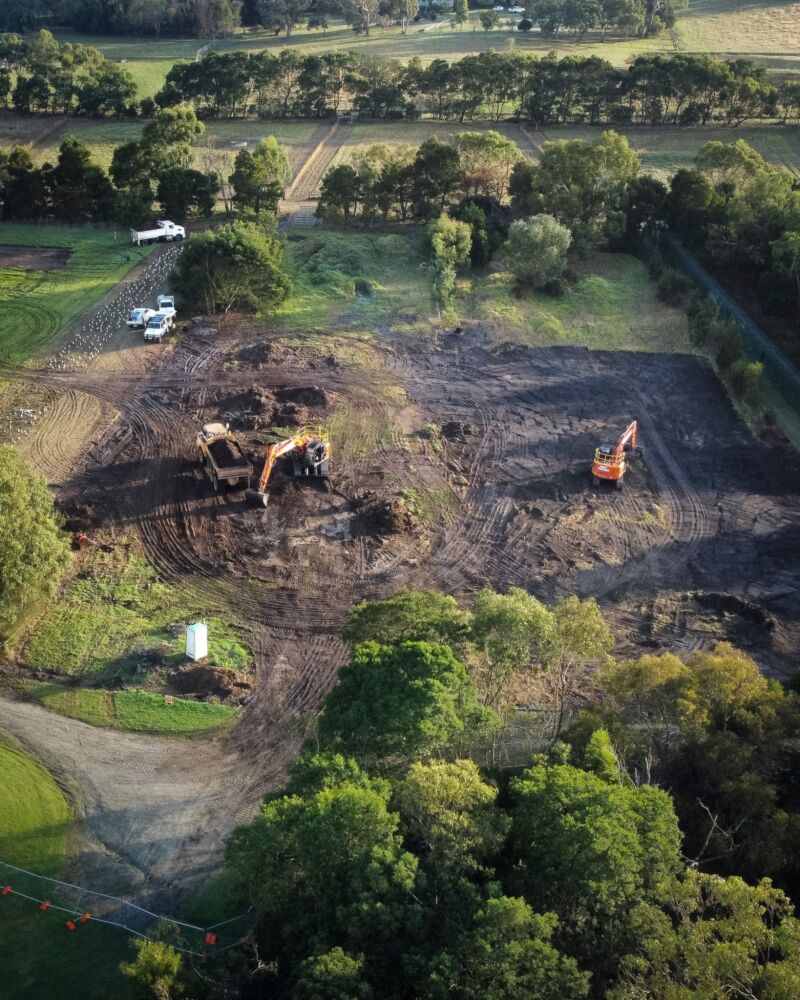
The Power of Words

The evolution of language and communication, particularly in online spaces has progressed quickly; words, phrases and acronyms now shortcut our communications. Our young people scroll or text on their phones in their spare time; maybe they're involved in multiple conversations at once. Generally, these conversations are harmless chats about the things going on in their lives. However, there is also a tendency to say or infer things that wouldn't be delivered in a face-to-face environment. They will, at times, entirely underestimate the power of their words.
As an educator with years of experience, I find it interesting to reflect on the changes I have witnessed in our everyday language—the words themselves, as well as the intent with which they are used. The digital era has primarily shaped these changes for younger generations, but older generations, too, by way of an increasing generational gap.
Our online platforms can offer access to connection, expression, fun and interaction but also anonymity. Human nature is such, that emboldened by obscurity, we behave in ways we might not otherwise. Aggressive language, such as derogatory slurs or threats, has made its way into the everyday vocabulary, and schools across Australia are observing an increased use of offensive terminology to shock, insult or bully. The frequent and casual use of words that once held weight and were truly offensive can lose impact, desensitising users to their true meaning and power.
As online environments creep into the reality of our young people's social lives, it is deeply concerning to think the manner in which they interact with the world might, even if unintentionally, be characterised by offensive language and, in turn, quietly worsen issues like anxiety, depression and social isolation among young people.
The normalisation of aggressive words and behaviour is not just a trend; it's an issue that requires action. In recent years, I have had to increasingly intervene when students use inappropriate language that would shock the most hardened members of society. The students involved understand the words they're using to shock or insult, but they lack an understanding of the context in which they use them and of their power. Within the isolated worlds of gaming social media platforms, these unregulated conversations continue until someone does eventually get hurt or the impact is severe enough that it reaches me, as Principal. In most cases, I am truly surprised to find out who the author is and, until recently, astonished that they have access to this type of vocabulary.
This recent iteration of our language is part of a new reality. So, what can we, as parents and educators, do? Without a doubt, we share a fundamental role in this, and I invite all members of our Woodleigh community to consider the following steps as fellow role models when confronted with a young person who has perhaps made some poor choices with their words:
- Acknowledge the individual: help our kids develop their own identities and the values that will ultimately guide their decision-making.
- Listen for understanding: acknowledge the challenge that we are all faced with and try to balance trust with constant vigilance.
- Build confidence: foster courage within young people to call out poor behaviour and not turn a blind eye.
Perhaps, through making mistakes, speaking up, having empathy and through necessity, the tension between the ideal and our current reality, it will be our students who are compelled to find answers and drive change for the future. We know that engaging in conversations with young people about responsible device usage, setting limits on screen time, and monitoring the content they consume are just some of many steps we can consider as part of our civic responsibility and global citizenship. Further to that, we can inspire compassion and empower our children to do more in the moment to recognise their own active participation.
Ultimately, addressing the complexities of online behaviour is nuanced and requires a collective effort. It's not just about mitigating negative actions but also about channelling the potential for digital platforms to build communities, enrich lives, foster positive social interactions and promote personal growth. Encouraging periods of disconnection and detox from digital devices can also provide much-needed respite and clarity, allowing individuals to reengage with the world and emerge from their digital fog – this is something that I put into practice myself.
Words on their own are just that, words. How we put them together is the power we choose to give them. For our children, in the quiet corners of the online world, this concept can inadvertently pass them by. The power of words lies in how we wield them.

Share this article
Keep reading
More articles from Woodleigh School

Woodleigh was recently featured in Domain's Independent Schools Guide 2024.
Continue Reading
Groundbreaking news about a landmark project at Woodleigh.
Continue Reading